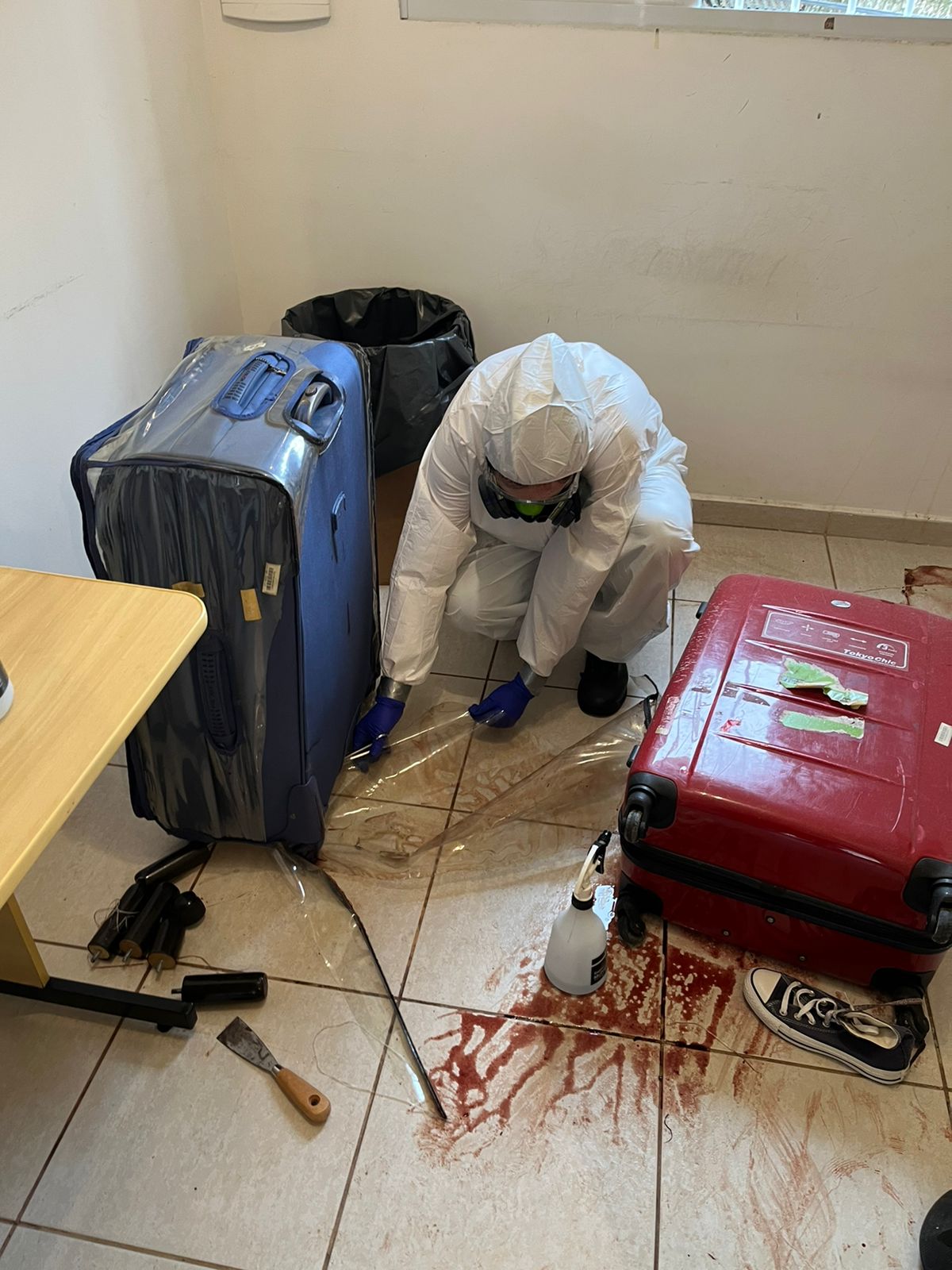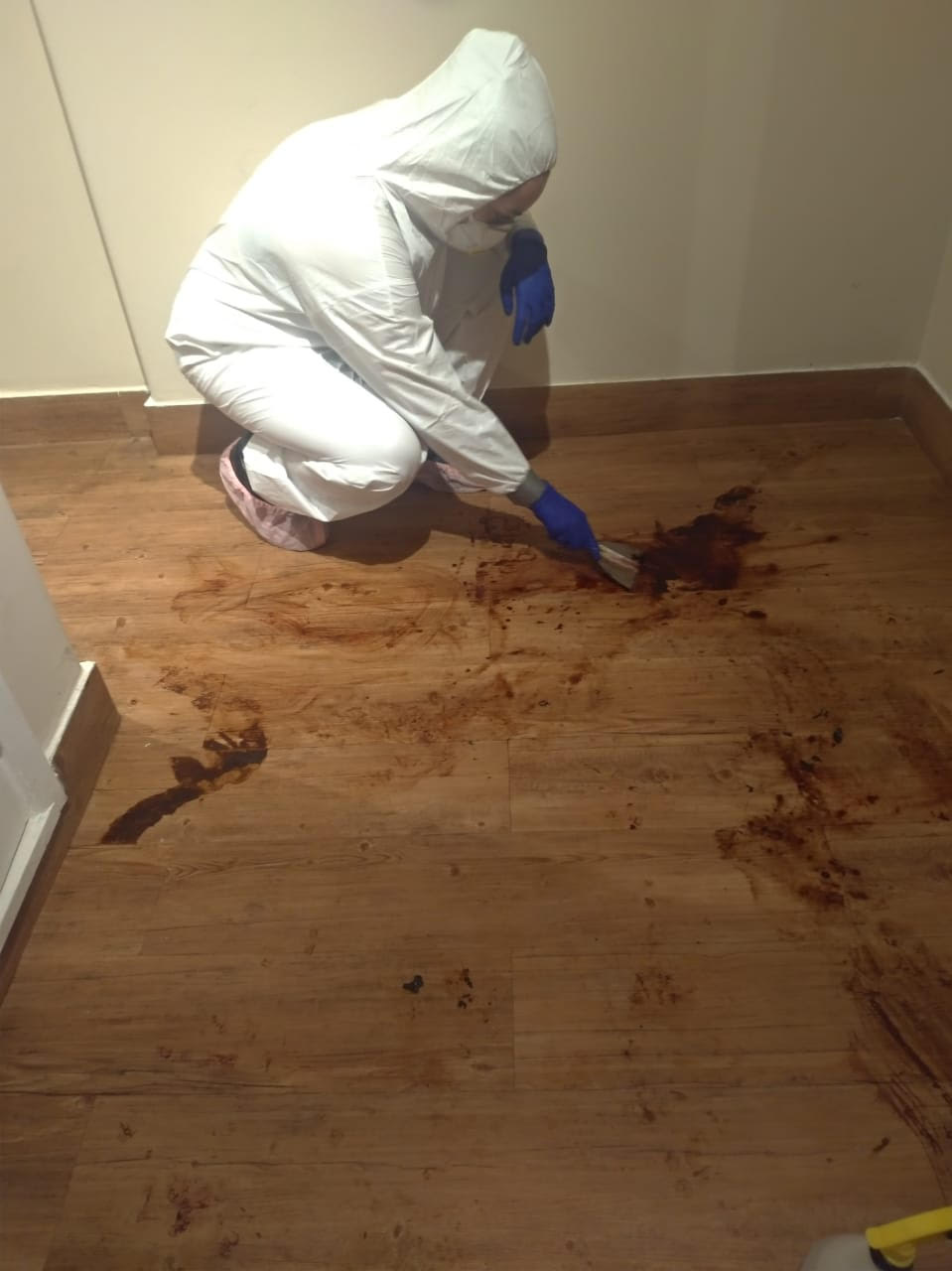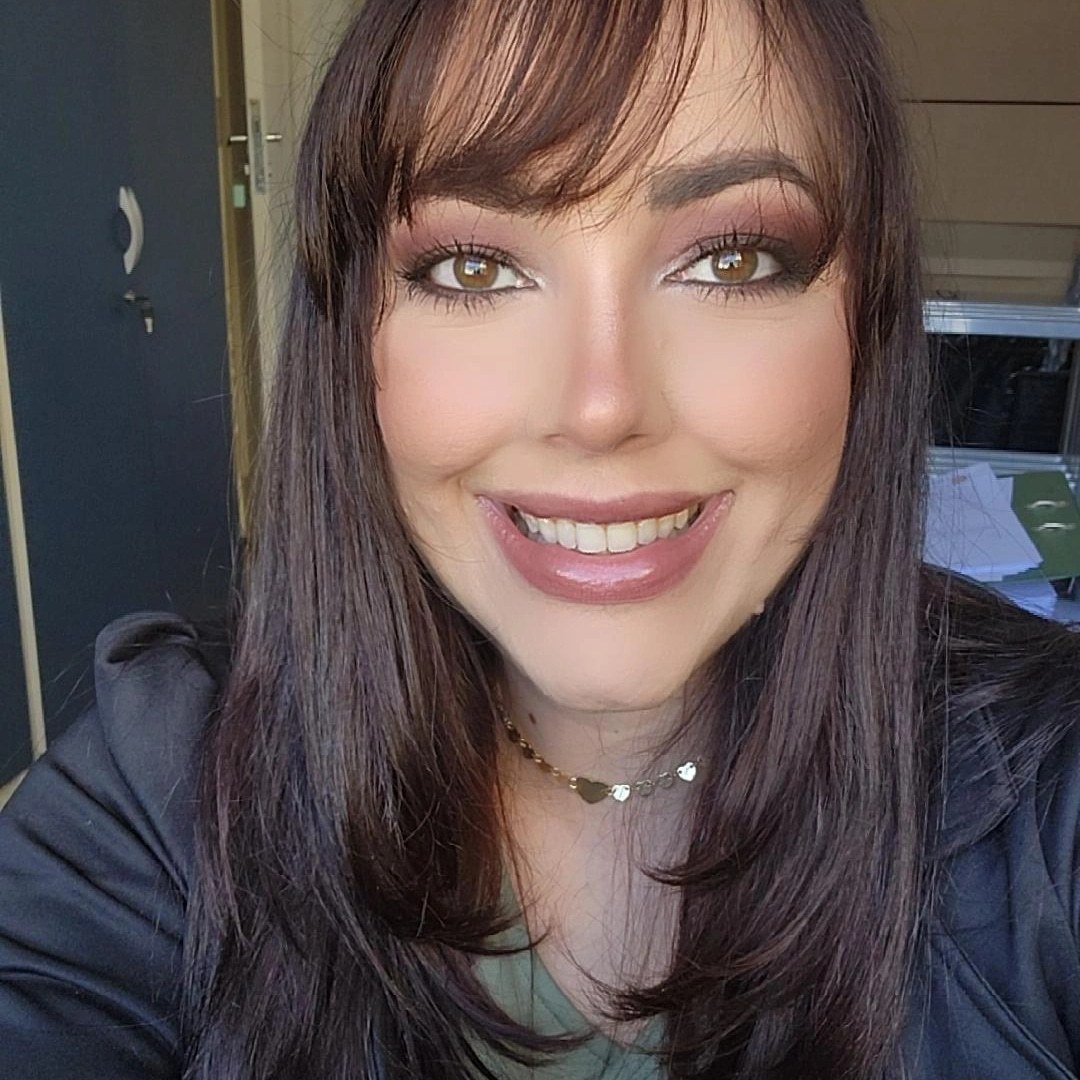Clícia Mulet, a crime scene cleaner, has peeled back the curtain on her unique profession, sharing the grim realities of her work – from encountering body parts to navigating treacherous fluids.
In 2019, Clícia transitioned from being a hairdresser to embarking on this unconventional career, following in the footsteps of her father. At 32 years old, she dove headfirst into a world where the unimaginable often became her reality.
One of her initial assignments involved cleaning a space where a man’s body was discovered five days after his death. Clícia recounted the haunting experience: “The person died at the top of a ladder. I was cleaning the steps when I suddenly found a piece of his foot standing there. It was scary because there was only skin left, and it was a dark color because of the body decomposition process. The worst part of the job was that the steps were so slippery because of body fluids and blood that I was very afraid of falling down the stairs.”

Another gruesome case involved a woman who perished at a hotel due to a drug smuggling operation gone awry. Clícia explained, “This was actually in a hotel, and a lady that was leaving the country to transport drugs inside her body, but that little bag of drugs exploded. She died in her room, and her body was only found after three days. It was a very shocking one [case]; it felt like that place was haunted as there had been other deaths in the same building.”
In another distressing incident, Clícia and her team had to clean an abandoned house where two drug addicts had been living. Tragically, a violent altercation had led to one of them strangling the other. Clícia revealed, “His body wasn’t found for two weeks. However, the house was so dark when we went to clean it as there was no energy, it made it much scarier.”
She also detailed an assignment where a man had lived alone, and his body went undiscovered for days. The conditions were deplorable, with roaches and spiders infesting the premises. Clícia shared, “He was very ill and he could not be able to stand up, so he had to defecate and urinate inside soda bottles, and he used to sleep above a very dirty mattress. The place was infested by roaches and very dangerous insects, like spiders. The neighbors told us that he used to ask for some food, and when we were cleaning the apartment, we found that the fridge was full of very smelly, rotted, old food.”

Clícia and her team have specialized cleaning materials designed for blood and bodily fluids. Upon arrival at a scene, she carefully assesses the extent of blood splatter, sometimes hidden under wooden floorboards or above ceilings. Beyond cleaning, Clícia keeps an eye out for potential evidence of crimes like hidden weapons. She also considers the duration of body decomposition, as longer periods lead to worse odors and a higher biological risk.
Despite the grim nature of her work, Clícia finds satisfaction in knowing that she plays a vital role in helping families cope with tragedy. She acknowledges that this job isn’t for everyone, but for those who do it, it’s a service born out of empathy for those who have lost loved ones.






